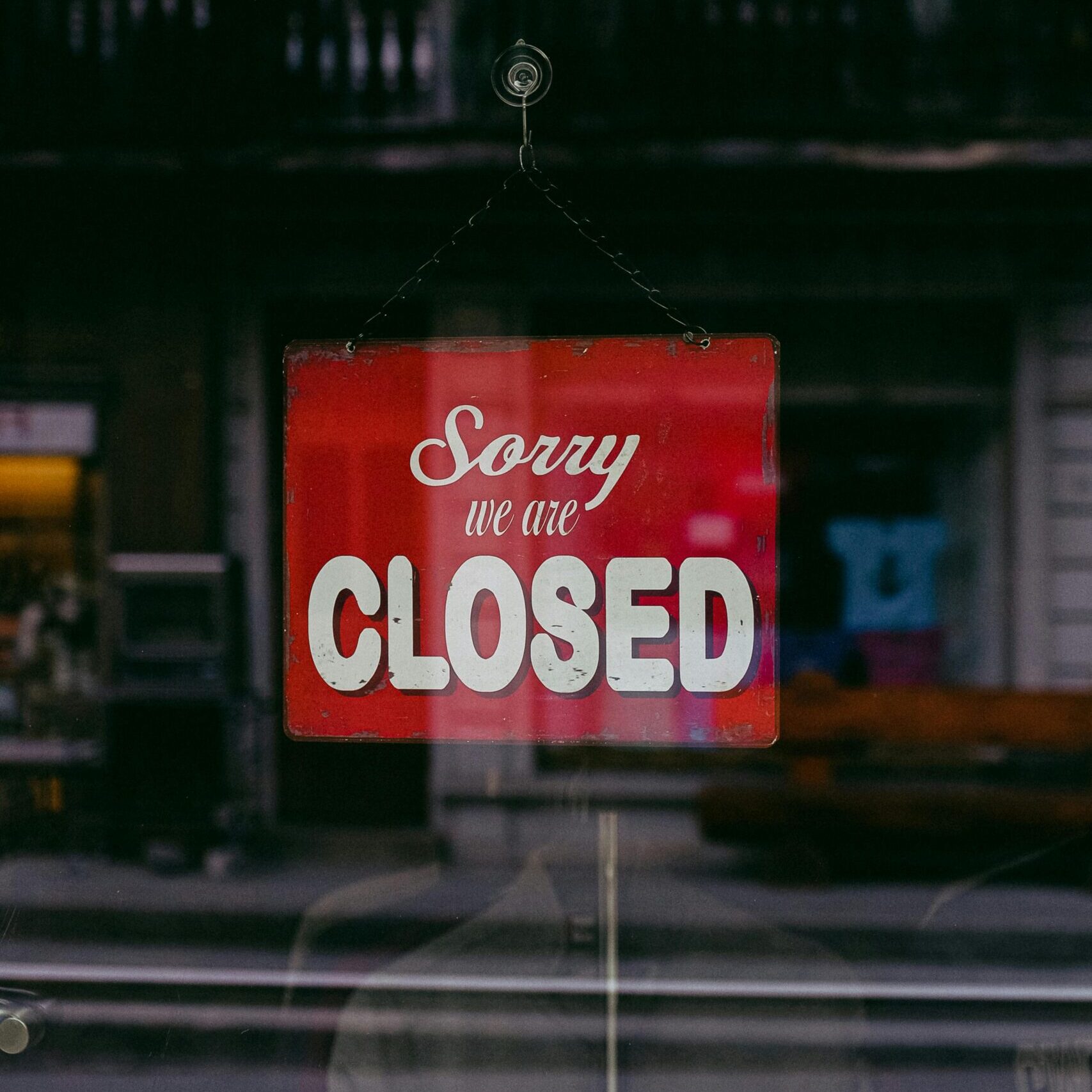
Insurer Doesn’t “Waive” Goodbye to Coverage Defenses by Making a Payment
September 3, 2021
Does an insurer “open coverage” or “acknowledge coverage” for a claim by making a payment? No, it doesn’t. The Third DCA confirmed: an insurer does not waive its coverage defenses, such as policy exclusions or breaches of policy conditions, by making a payment. United Automobile Insurance Company v. Stand-Up MRI of Miami, Inc. a/a/o Omaira Perez, No. 3D21-71, 2021 WL 3889261 (Fla. 3d DCA Sept. 1, 2021). In United Auto, Omaira Perez and her two children were involved in a car accident. Perez and her children sought treatment and assigned their rights to two providers, including Stand-Up MRI. Both providers filed PIP claims with United Auto. United Auto paid benefits for all claims submitted by the first provider and for all claims for the children submitted by Stand-Up. At the time of the accident, Perez was driving a vehicle that an insured owned but was not listed on the policy with United Auto. The policy excluded coverage for an accident involving a vehicle that an insured owned but was not listed on the policy. United Auto denied Stand-Up MRI’s claim for Perez as there was no coverage under the policy. Stand-Up MRI sued United Auto. Stand-Up MRI argued that United Auto had waived its no-coverage defense by paying other claims arising out of the same accident. The Third DCA disagreed: “This argument fails because waiver cannot create insurance coverage when there is no policy to support coverage.”
United Auto reiterates that coverage cannot be extended through waiver based upon payment. A few years ago, in Gamero v. Foremost Ins. Co., 208 So. 3d 1195 (Fla. 3d DCA 2017), the Third DCA rejected an insured’s argument that the insurer had waived its right to rely upon a policy exclusion because it had initially acknowledged coverage and paid a portion of a property insurance claim. This also holds true for policy conditions. In Rodrigo v. State Farm Florida Ins. Co., 144 So. 3d 690 (Fla. 4th DCA 2014), the Fourth DCA held that tendering payment does not waive the defense that the insured did not comply with a policy condition. Similarly, in Universal Prop. & Cas. Ins. Co. v. Horne, 314 So. 3d 688, 692 (Fla. 3d DCA 2021), the Third DCA concluded that the insurer had not waived its coverage defense by issuing a presuit payment. As the Eleventh Circuit recently explained, an insurer’s payment of a claim “does not waive any policy requirement.” New S. Communications, Inc. v. Houston Cas. Co., 835 Fed. Appx. 405, 413 (11th Cir. 2020).
Earlier this year the Second DCA addressed a similar issue in the context of a certiorari proceeding. Carol Rooney, Esq. discussed the implications of that decision in her blog: Florida’s Second DCA: Coverage Can Remain at Issue Even After Insurer’s Payment
For any further questions, please contact Jamie Combee Novaes.



